A tech-savvy physician from Ilam, Dr. Shahin Shahbazi, has invented a capsule with the trade name “Alsok,” which is used for the treatment of gastroesophageal reflux disease (GERD). The capsule works by forming a jelly-like mechanical barrier with regenerative and angiogenic properties.
Dr. Shahbazi, who won gold medals for this invention at two international events by the Swiss and Polish inventors’ associations, stated: “Alsok is an oral capsule that works by forming a jelly-like mechanical barrier on the contents of the stomach. It adheres to the upper part of the stomach, preventing the reflux of acid from the stomach into the esophagus.”
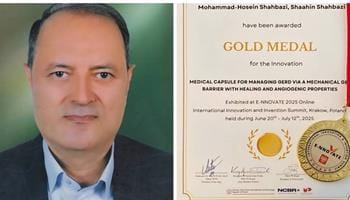
He added: “A key property of this gel is that it is also restorative, helping to heal the mucosa. Therefore, it does not have the side effects of acid-blocking drugs, such as osteoporosis and indigestion, making it suitable for long-term use.”
A gastroenterology and adult liver specialist, emphasizing that the drug is safe for pregnant women and can be purchased over-the-counter at pharmacies, said: “Treatment for reflux can be started with this medication alone.”
The faculty member of the Ilam University of Medical Sciences continued: “The reason this drug won two gold medals is that it significantly reduces the side effects of conventional acid-reducing medications. These common drugs have long-term side effects, cause dependency, and are very difficult to stop due to their specific mechanism. The side effects include osteoporosis, indigestion (due to bacterial overgrowth in the intestines), and deficiencies in calcium and iron, which can lead to long-term disability and increase the risk of pathological bone fractures.”
Shahbazi stressed: “Our goal was to create a drug that does not have these problems. This idea was conceived, and given the prevalence of reflux, this drug will reduce healthcare costs and lift a significant psychological burden from families.”
He continued: “My advice to those with reflux is to first correct their lifestyle and diet before resorting to medication. They should try to avoid very fatty foods, caffeinated foods, foods containing mint extract, and fast foods. If they are obese, they should definitely lose weight. They should try to follow these steps before starting treatment to reduce the severity of their reflux.”
The faculty member of Ilam University of Medical Sciences added: “Patients can also practice abdominal breathing, as this exercise acts as a form of physical therapy for reflux and helps control it. Avoiding stress is also effective. If these measures do not work, then they should seek treatment and medication.”
He stressed: “Patients should be aware that if their reflux is accompanied by anemia, difficulty or pain when swallowing, or black stools, they should see a doctor to be checked for complications of long-term reflux. They may need an endoscopy.”
The tech-savvy physician explained: “A ‘knowledge-based’ and ‘problem-oriented’ mindset must be strengthened among students so that they can find solutions to societal problems. Theses and research projects should be based on these problems, not on topics that solve nothing and only waste research budgets. Therefore, I suggest that a special committee be formed at universities to design problem-oriented topics. This committee should hold multiple meetings with provincial social institutions to identify challenges and direct research projects toward solving them.”
Shahbazi continued: “A research project is valuable when people are waiting for its results, when it determines the fate of an issue, and when it brings significant benefit to society. Alsok is an example of this perspective, which led to the invention of this product. A knowledge-based company is being established to produce this product, which will solve a problem and also lead to income generation and job creation for the country and the province, bringing about therapeutic and economic benefits.”
Shahbazi explained: “The knowledge-based mindset should be started in schools. Students should be taught to think in a problem-oriented way and enter universities with this mindset so that their knowledge is beneficial to society and leads to a product. This will not only foster entrepreneurship but also make it impossible for any country to sanction us.”
Referring to universities progressing beyond the third and fourth generations, he said: “In developed countries, universities have advanced to the sixth generation. This means they not only solve problems in industry and technology but also address major political, economic, and environmental issues through research. A large team of experts focuses on these issues and provides novel solutions that lead to new products in industry and new, effective ideas in the humanities, ultimately resulting in societal well-being and power.”

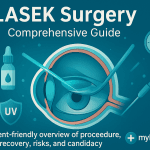
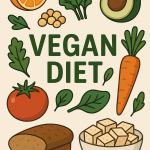
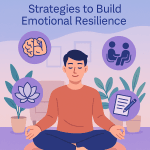


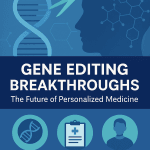

Post a comment